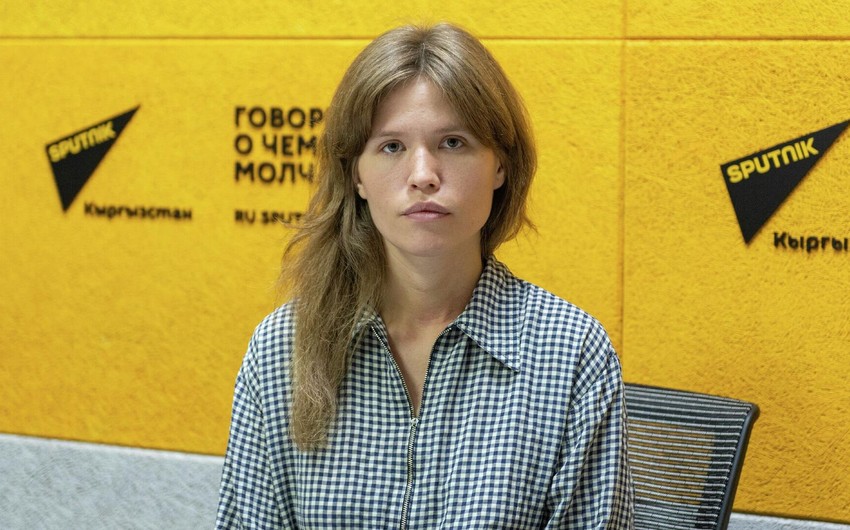In the coming years, regional forces in Central Asia will be modernized depending on which of the transit projects will be more successful, a research fellow at the Institute of Asian and African Countries of Moscow State University named after M.V. Lomonosov Darya Saprynskaya said during the Astana-Moscow-Bishkek-Tashkent-Dushanbe video conference, which took place at the Sputnik-Kazakhstan multimedia press center, Report's correspondent from Kazakhstan informs.
She noted that if earlier the Central Asian countries were perceived in a differentiated manner, and each player spoke about its own agenda, now there is a feeling of some kind of common unity, which is consonant with the diplomacy of transport corridors. The Russian expert pointed out two current trends in the Central Asian region.
"It was interesting for the Russian side to see that President of Azerbaijan Ilham Aliyev was among the invited guests at the recent summit of Central Asian heads of state in Astana. This shows how the Turkic vector is being built within the Central Asian cooperation, and also testifies to the need to strengthen the Trans-Caspian corridor and pay increased attention to the Middle Corridor," said Darya Saprynskaya.
She emphasized that Central Asia, together with Azerbaijan, is gradually building a completely new infrastructure and constructing new switching routes and roads. "It is necessary for all countries in the region to build a single roadmap in order to avoid misunderstandings," she added.
The summit of Central Asian heads of state was held in Astana on August 9 this year. Following the event, a number of documents were adopted, including the main ones - the Concept for the Development of Regional Cooperation "Central Asia-2040" and the Treaty on Friendship, Good-Neighborliness and Cooperation for the Development of Central Asia in the 21st Century.
Kulpash Konyrova


 https://images.report.az/photo/91415ad9-a51c-31f0-854a-e0c291a61fc3.jpg
https://images.report.az/photo/91415ad9-a51c-31f0-854a-e0c291a61fc3.jpg

